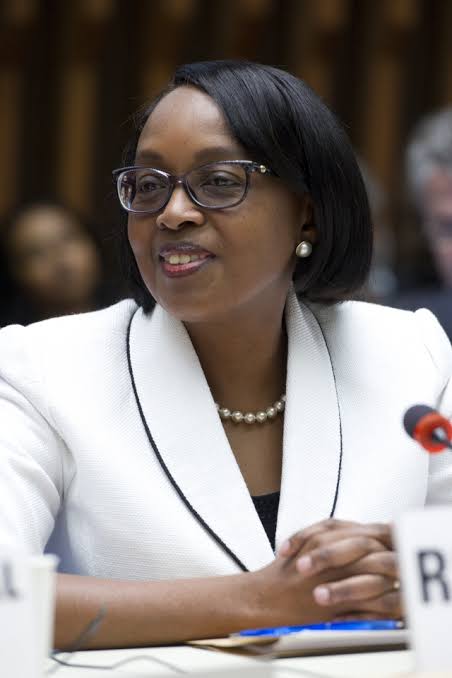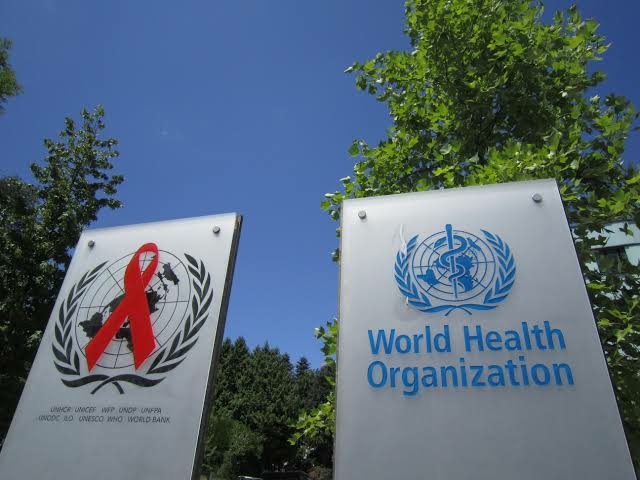According to the World Health Organization (WHO), HIV has been a serious global public health concern for the last four decades.
This was stated by Dr Matshidiso Moeti, WHO Regional Director for Africa, in a message commemorating World AIDS Day 2021.
“End Inequalities, End AIDS, End Pandemic,” is the topic of the anniversary.
Moeti stated that the disease had a special resonance nearly two years into the COVID-19 pandemic.
She stated that by 2020, two out of every three new HIV infections would occur in Africa, equating to nearly 2,500 new HIV infections every day.
AIDS, according to Moeti, has claimed the lives of 460,000 people, or a startling 1,300 people every day, despite free access to effective treatment.
“Despite the challenges, Africa has made significant progress against HIV over the last decade, reducing new infections by 43% and nearly halving AIDS-related deaths.”
“In the region, 86% of people living with HIV are aware of their status, and 76% are receiving antiretroviral therapy.”
“We cannot adequately express our support for those living with HIV, especially in light of the fact that we know that COVID-19 demands have had a negative impact on treatment and care across Africa.”
“As we remember those who have died of AIDS this year, we also acknowledge the terrible death toll that the coronavirus pandemic has taken and continues to take,” said WHO Director-General Margaret Chan.
“Going forward, we cannot afford to lose focus on the urgent need to end the inequities that drive AIDS and other epidemics around the world,” the organization says.

Moeti praised Botswana, saying the country was on the verge of eliminating mother-to-child HIV transmission in a truly remarkable public health achievement.
According to her, only 16 countries have been certified for eradicating mother-to-child HIV transmission, and none of them have such a large epidemic.
She stated that it took more than two decades of hard work by leaders, health workers, and communities to demonstrate what is possible when mothers’ and children’s health and welfare are prioritized.
According to Moeti, the African continent may not be able to eliminate AIDS as a public health threat by 2030.
She stated that the continent had fallen short of the expected 75% reduction in new HIV infections and 81% reduction in AIDS-related deaths by 2020.
“Despite very high rates of HIV-positive people knowing their status and treatment rates, new HIV infections and AIDS-related deaths are not decreasing concurrently.”
“It is critical that we reach those who are fueling the epidemic while also addressing the persistent inequities in the delivery of quality care and interventions.”
“For example, key populations and their sexual partners accounted for 72 percent of new adult HIV infections in West and Central Africa in 2020.”
“However, punitive laws, policies, hostile social and cultural environments, as well as stigma and discrimination, including in the health sector, prevent them from accessing services.”
“In Sub-Saharan Africa, young women are twice as likely as men to be infected with HIV.”
“Three out of every five new infections among adolescents aged 15 to 19 years are among girls who do not have access to comprehensive sexuality education,” she said.
Others, she said, “are those who are victims of sexual and gender-based violence and who are subjected to harmful gender norms.” They also have less access to education than their male counterparts.
“With COVID-19, HIV-positive people appear to be at an increased risk of virus-related illness and death.”
“Nearly 70% of people live in the WHO African Region, where only 4.5% are fully vaccinated against COVID-19.”
“As efforts to combat COVID-19 intensify and the world prepares for future pandemics, we risk repeating many of the same mistakes that have prevented us from ending AIDS.”
According to Moeti, addressing inequality is critical to eradicating AIDS and COVID-19 and preventing future pandemics.
The regional director promised that efforts would be made to ensure that everyone, everywhere had equal access to HIV prevention, testing, treatment, and care, including COVID-19 vaccinations and services.
She urged governments to prioritize health investment for community-led, human-rights-based, gender-transformative responses.
“We must increase our critical health workforce while also ensuring equitable access to life-saving medicines and health technologies.”
Global solidarity and shared responsibility, according to Moeti, are critical components of the kind of rights-based approach required to end HIV/AIDS and COVID-19.

















Discussion about this post